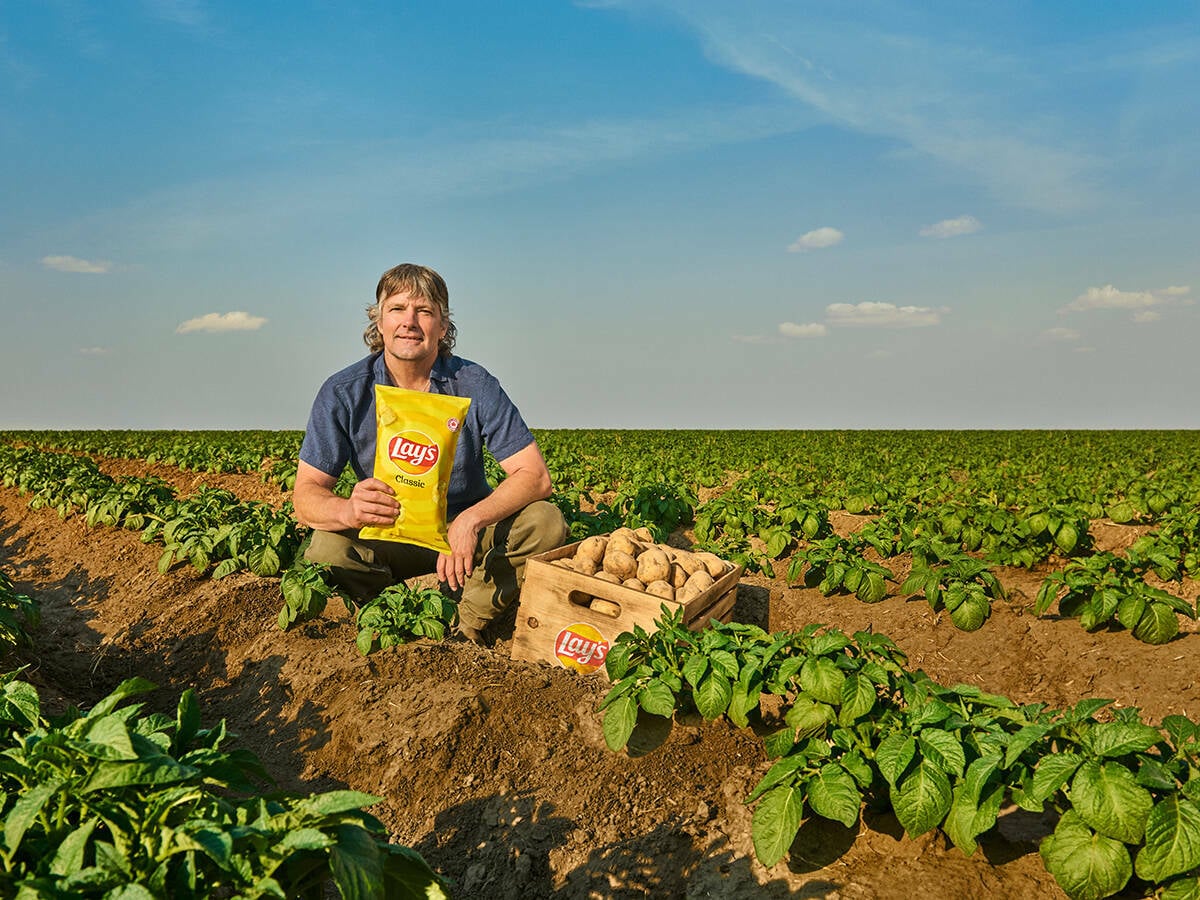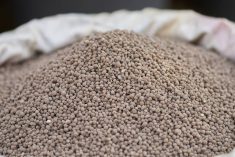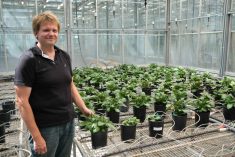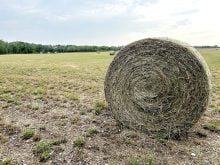The Alberta All-Wheat Commission Steering Committee says that a survey has found more than 80 per cent support for the proposed Alberta Wheat Commission.
The steering committee conducted the survey between November 2011 and April 2012, at a variety of industry events and through its website (alberta wheat.ca). Of the 483 people who responded, 82 per cent expressed support for the proposed commission; 14.5 per cent said they were unsure; and 3.5 per cent said they did not support forming a new commission. Respondents represented six per cent of the estimated 8,000 wheat producers in the province and 9.6 per cent of Alberta’s 6.6 million acres of wheat production.
Read Also

Alberta farmer invited to World Economic Forum
Southern Albertan farmer’s regenerative agricultural practices featured on panels at Davos where nations come together in partnership.
The new commission would represent the producers of all nine classes of wheat now grown in Alberta, including winter wheat and soft white wheat, currently represented by the Alberta Winter Wheat Producers Commission and the Alberta Soft White Wheat Producers Commission, respectively. Members of those two organizations have already voted to fold their operations into the new commission. The new wheat commission would have the power to collect a refundable checkoff on all wheat sales made by Alberta producers.
The committee’s next steps will be to present its findings and plans to the Alberta Agricultural Products Marketing Council and the Agriculture Minister Verlyn Olsen. If approval is received the new wheat commission could be in operation before the end of 2012.
International consortium sequences tomato genome
The French National Institute for Agricultural Research (INRA) says that along with partners in the Tomato Genome Consortium (TGC) it has sequenced the genomes of the domesticated tomato and its wild relative, Solanum pimpinellifolium.
INRA says this achievement is expected to lower costs and speed efforts to improve the worldwide tomato production, making it better equipped to fight pests, pathogens, droughts and diseases.
INRA says the work revealed the order, orientation, types and relative positions of the tomato’s 35,000 genes. It showed that the tomato genome expanded abruptly about 60 million years ago, at a time close to one of the large mass extinctions.
The sequences were reported in the May 31 issue of the journal Nature.














